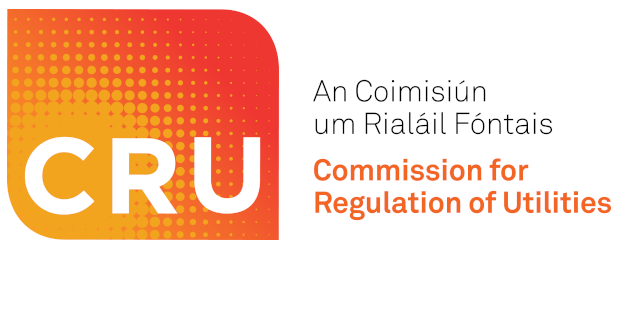The UK and EU wrapped up 2020 by securing an eleventh-hour agreement on a trade deal. As 2021 gets underway, there are a number of areas where the impact of Brexit will have to be closely watched.
There were huge concerns about whether the UK would start the new year under the blanket of a ‘no deal’ Brexit right up until the final weeks of December, but in the end negotiators were able to find enough common ground to seal a trading pact.
European lawmakers still have to sign off on the agreement, but although MEPs warn that they could vote down the provisional deal, it looks likely that the parliament will merely say ‘we don’t like it, but we’ll go along with it’.
Here are three areas to watch as the year progresses.
Energy and fish
The UK’s relationship with the EU in terms of energy will be largely unchanged under the new relationship, as access to the bloc’s internal power market will continue for at least five years, before annual negotiations kick in.
Analysts predict that cross-Channel energy trades could feel the pinch of extra admin burden but power exchanges should be spared the worst effects of post-Brexit disruption already seen in other areas like freight shipments.
But the renegotiation period is timed to coincide with the renegotiation of fishing access rights for EU vessels, in mid-2026. Fishing was of course one of the main sticking points of the Brexit talks and could yet prove to be troublesome for both sides.
The European Commission has no official position on this, although senior officials have made it known in Brussels that the parallel deadlines are no mere coincidence. A breakdown in fishing relations could spell the end of the UK’s energy market access too.
Depending on the time of year, the UK imports around 7 per cent of its power from the mainland through undersea cables linked with France, Belgium and the Netherlands. A renegotiation of the rules governing those interconnectors will come in mid-2022.
Given that continental energy prices are generally lower than UK prices, average power costs are kept down by the fed-in power. Bloomberg reported last year that Britain’s energy deal with the EU is worth about £2 billion per year in that regard.
2021 then will be an early test bed for the new trading arrangements and might set the tone for the next few years. If relations turn sour as a result, those talks mid-decade could suffer as a result.
Climate and emissions
The most immediate and pressing climate-based impact of leaving the EU will be the UK’s exit from the Emissions Trading System, the bloc’s cap-and-trade carbon market.
Just before the Christmas break, the UK government announced that it would replace the ETS with its own system, rather than going down the route of a carbon tax. It will cover the same sectors currently rolled into the EU’s market.
2021 could prove crucial in the decision-making process that will judge whether to link the new system to the EU ETS. Westminster remains open to the idea but no decisions have been made yet.
Switzerland is the only non-EU member to have linked its trading scheme with the EU’s, although there have been numerous teething troubles since the tie-up went live, mostly linked to the pandemic’s impact across the economy.
With the EU due to revise what areas are covered by its ETS in the summer and the unwieldy maritime sector set to be subject to charges for the first time, it will be interesting to see if the UK mirrors what Brussels does with its updates or charts its own course.
In terms of emissions targets, the COP26 climate summit will be a litmus test for whether London and Brussels are indeed on the same page. The final Brexit deal commits both sides to pursuing their respective 2030 targets and climate neutrality by 2050.
EU programmes
UK involvement in the EU’s global positioning satellite system, Galileo, was ruled out a number of years ago primarily due to security concerns, but Britain will remain a part of the sister Copernicus system, which is geared towards Earth observation science.
Final confirmation is due early this year, after which the government expects that “UK-based businesses, academics and researchers will then be able to bid for future Copernicus contracts tendered through the EU”, funded through the EU’s budget.
But there is already the expectation that some of the data available to full member states of the EU space programme will be withheld, again due to security concerns.
Details about access to Horizon Europe, the EU’s research and development programme, still need to be fully fleshed out as the UK will have to pay into the bloc’s budget to tap into funding. It will not be allowed to join the new innovation council, due to competition concerns.
The true impact of the government’s decision to end involvement in the Erasmus Plus exchange scheme in favour of a new ‘Turing scheme’ is unlikely to be felt in 2021, although a fight over the nitty-gritty is likely on the horizon.
Ireland has already offered to fund exchanges for Northern Irish students, which the Commission has “taken note of” and Scotland’s devolved government is exploring its options.
Original article: https://eandt.theiet.org/content/articles/2021/01/view-from-brussels-brexit-fallout-what-to-watch-in-2021/


